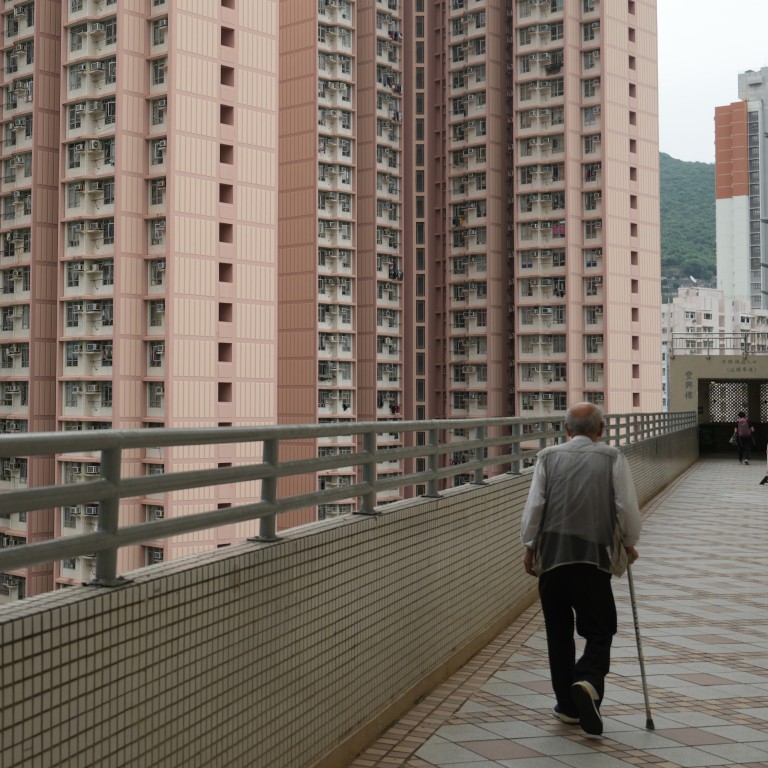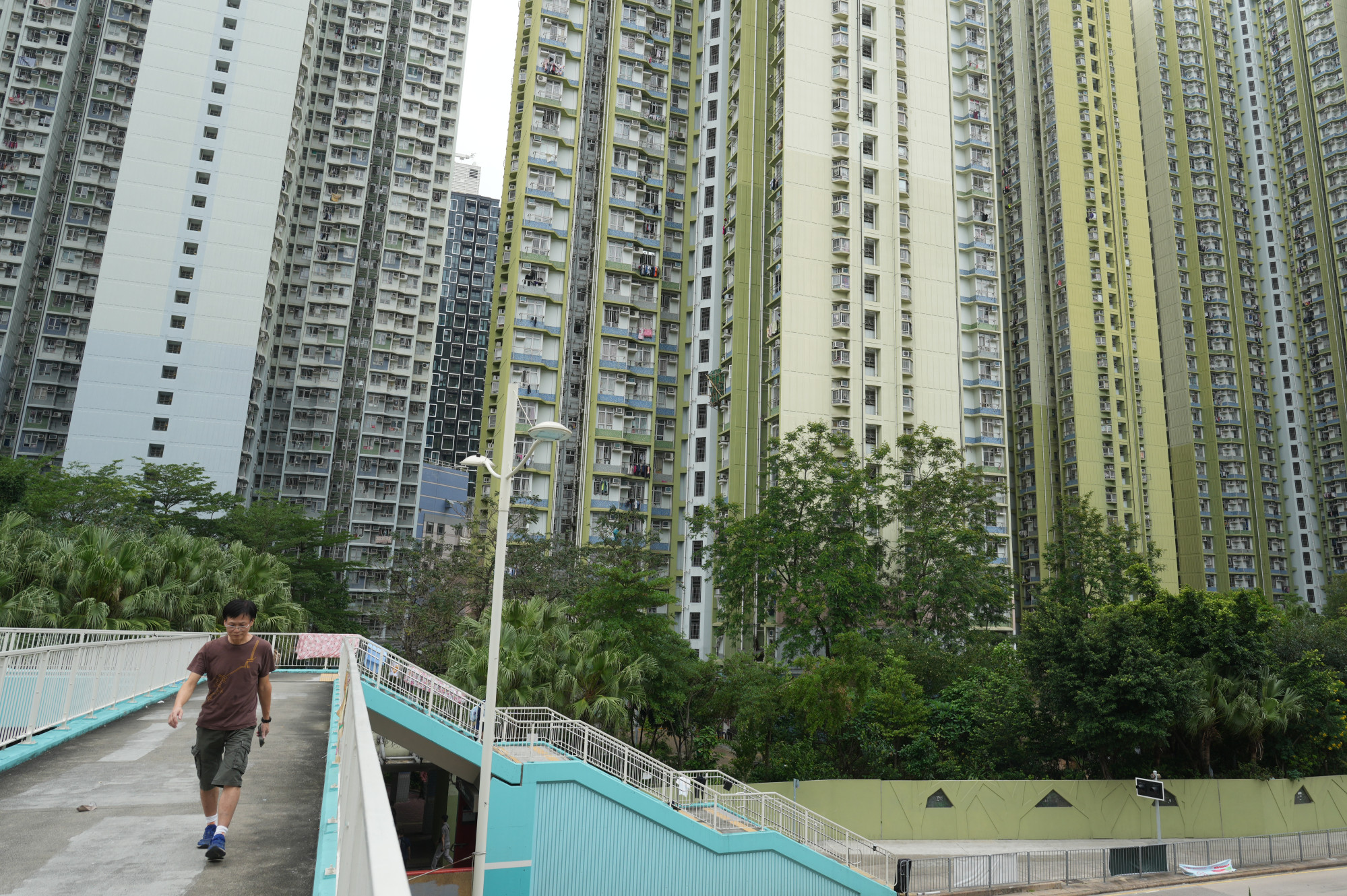
Stricter rules proposed to weed out wealthy in Hong Kong public rental flats and protect those most in need of housing
- Tenants will be required to declare any purchase of a private flat within 30 days and undergo asset review every two years
- Source says aim is to protect ‘precious housing resources and combat the abuse of public housing’
Stricter rules for well-off tenants in public rental homes have been proposed by the Hong Kong government, including a requirement to declare the purchase of a private flat within a month and a review of asset levels every two years, the Post has learned.
The measures, among others designed to ensure public housing resources go to people who needed them most, would be discussed at a subsidised housing committee meeting organised by the Housing Authority on Wednesday, a source on Tuesday said.
“The aim is to utilise precious housing resources and combat the abuse of public housing,” the source said. The average waiting time for a public flat in March was 5.3 years.

There were about 30,000 “well-off tenants” living in the city’s public estates in February. The classification is used for tenants whose income and asset limits have topped levels set by the authorities and account for about 4 per cent of all households.
They will need to pay rent at market rates if they stay or release the property for others.
Demands for more stringent requirements came after Kwong Kau, 65, the former father-in-law of murdered model Abby Choi Tin-fung, was found to have owned a luxury home while buying a subsidised flat.
Public housing tenants with private property have to give up their rental flats under existing arrangements. But households only have to declare their assets every two years after they have lived there for 10 years.
If the government receives reports and proof that a tenant owns a property in the city, they have to vacate the rental flats.
The authority has proposed the asset declarations should be made after tenants have lived in public housing for two years. They will be required to say whether they own a property in the city and abide by tenancy terms. They will also have to authorise the government to check submitted information.
Hong Kong homebuyers rush to secure subsidised flats in Kowloon
The authority also wants tenants to report within a month if they have bought a private flat in Hong Kong. Failure to comply may lead to lease termination and making a false declaration will be a criminal offence.
But Anthony Chiu Kwok-wai, the executive director of the Federation of Public Housing Estates, predicted the proposal would have a limited impact on shortening the housing queue.
“Well-off tenants and tenants with properties are not mainstream in public housing,” he said. “The amendments may help to turn over a small number of flats for those in the line.”
Wilson Or Chong-shing, a member of the subsidised housing committee, agreed the proposal would not affect most tenants, but cautioned that the government would need to explain the changes to residents.
Despite calls to ask households to declare ownership of mainland China and foreign properties, the government found it “difficult to execute” as the organisations involved were not obliged to disclose the information,” the insider said.
Anyone convicted of making false declarations can face up to six months of imprisonment and a HK$50,000 (US$6,390) fine.
Under the existing policy, if an applicant for a public flat has income that exceeds the limit by five times or asset levels are 100 times greater than permitted, they will not be eligible.
Abby Choi’s ex-father-in-law’s case prompts Hong Kong to review flat policy
A four-person family will be requested to vacate a rental flat if their monthly income is more than HK$154,750 or their net asset value is in excess of HK$3.1 million.
The government also wants to cut the period allowed before a tenant has to vacate a flat from a year to four months. The 12 month period has been criticised as a loophole as tenants can transfer their assets to fall inside the upper limit.
But, under the new proposals, the administration will not review tenants’ income and assets even if they fall back within the cap and “very special cases” can be dealt with by the Housing Appeal Panel, the independent body set up to settle disputes between tenants and the authority.
Tenants who have been asked to leave flats because they have made false claims or breached lease terms will only be able to apply for a public flat again after five years, instead of the present two years.
The authority last month barred tenants who were property owners or who had been asked to vacate rental units from buying subsidised flats.
Kwong, 65, who has been charged with Choi’s murder along with his two sons, Alex Kwong Kong-chi, Choi’s ex-husband, and Anthony Kwong Kong-kit, was earlier found to have a 1,820 sq ft HK$73 million flat in the exclusive Kadoorie Hill area of Ho Man Tin in his name in 2019.
But he was also listed as the owner of a 291 sq ft subsidised flat at Sheung Man Court in Kwai Chung about a year later.

